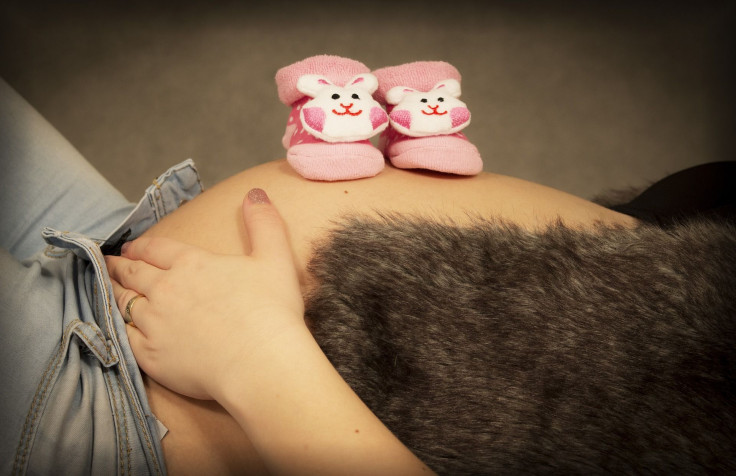First Uterus Transplant In U.S. Off To Great Start, Giving Hope To Women With Uterine Factor Infertility

Earlier this month, a 26-year-old woman was the first to undergo a uterus transplant in the United States. The patient, known only as Lindsey, was born with uterine factor infertility (UFI), a condition that leaves women with an abnormal or underdeveloped uterus, or without a uterus at all. Doctors at the Cleveland Clinic followed in the footsteps of several Swedish doctors who in the past several years have successfully completed uterus transplants.
A uterus transplant could help women who are born without a uterus, have a damaged uterus, or have had theirs removed become pregnant and bear their own children. That was the case for Lindsey, who at 26 had already adopted children with her husband, but longed for her own biological child.
“I have prayed that God would allow me the opportunity to experience pregnancy, and here we are at the beginning of that journey,” she said at a news conference on Monday. Now, after a successful surgery for Lindsay, doctors believe it will open doors for other women like her to be able to get pregnant.
Uterine Factor Infertility
Three to five percent of females are born with some malfunction in their uterus, generally referred to as UFI. UFI can define any type of damage or abnormality of the uterus — whether it’s scarring from an injury, or benign tumors known as uterine fibroids.
There are also women who lack a uterus altogether, either from having it removed or having been born without one. The latter are typically diagnosed with Mayer-Rokitansky-Kuster-Hauser (MRKH) syndrome, a disorder in which certain organs of their reproductive systems aren’t fully developed or absent, including the vagina and uterus. Even though most of these women are hormonally normal and they have functional ovaries, they often don’t have menstrual periods. Unable to conceive, these women often turn to in vitro fertilization and surrogacy or adoption to have children. This can amount to a heavy burden to bear for women who want to give birth to their own biological kids.
Even with the recent transplant successes in Cleveland and Sweden, uterine transplants remain rare and experimental. However, Lindsey’s story offers hope to many women with UFI or MRKH whose previous treatment options were limited. In addition to the Cleveland Clinic, Baylor University Medical Center in Dallas, Texas and Brigham and Women’s Hospital in Boston are working on implementing uterine transplant programs.
Published by Medicaldaily.com



























